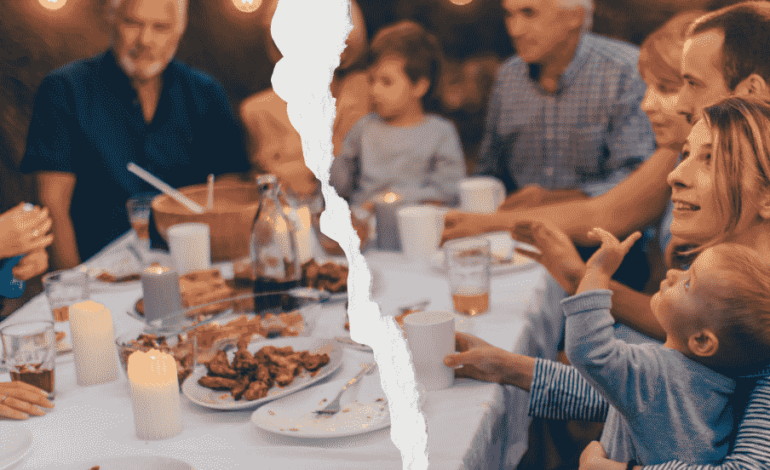When talking about depression, the language we use matters. Even with the best intentions, things that might seem motivational can be hurtful to someone fighting depression.
Depression comes in all shapes and sizes, in more formal terms, there is a spectrum of depressive disorders ranging from major depressive disorder, persistent depressive disorder, and postpartum depression to seasonal affective disorder.
Depression is characterized by low mood and sadness that interfere with an individual’s daily functioning.
One may struggle to get out of bed in the morning, no longer find joy in his/her career, and finds that spending time with loved ones is exhausting.
Individuals with depression can be struggling internally more than they let on.
Even if you have the best intentions when talking to someone who is struggling with depression, saying the wrong things can potentially be harmful and can trigger an even deeper level of sadness.
Hence, learning what not to say to someone with depression can be just as important as learning the right things to say.
1) Do not tell someone to “Shake It Off.”
Depression is not just a feeling that can pass within a short amount of time. An individual cannot wake up in the morning and choose to no longer feel depressed.
By telling someone to shake off their depression or to “cheer up,” you are trivializing their mental health disorder.
Individuals with depression wish they can cheer up and feel better; that is why they seek professional treatment.
However, treatment for depression can take a few weeks, and even months before an individual starts experiencing signs of improvement.
Instead of telling someone to snap out or shake off their depression, try asking how they are feeling at the moment and if there is anything you can do.
2) Do not tell someone, “It Is All In Your Head.”
Depression is one of the most common mental health disorders. Mental health disorders are diagnosable (and treatable) severe health conditions that affect multiple aspects of an individual’s life.
Telling someone that their depression is all in their head, assumes that they are making up their symptoms, and they can quickly change how they are feeling by alerting their train of thought.
Depression occurs due to a mix of genetic, social, and environmental factors that are usually out of the individual’s control.
Instead, ask if they have considered seeking help and, if so, what treatment methods work best for them.
3) Do Not tell someone, “You Don’t Look Depressed.”
Depression, like many mental health disorders, is invisible on the outside; however, how a person looks physically on the outside does not reflect how they feel on the inside.
Unlike physical medical illnesses, mental health disorders can be deceiving because an individual may seem well put together on the outside, but they can still be contemplating suicide.
It is not uncommon for individuals with depression to try to “put on a happy face” as a way to mask their inner feelings.
Telling someone that they do not look depressed can trivialize their depression when, in reality, depression is an essential aspect of who they are.
Instead of telling someone they do not look depressed, ask if they want to go for a walk, and grab a meal. Spending quality time with others can help lift energy levels.
4) Do Not tell someone, “It Could Be Worse.”
Telling someone that they could be worse off than their present moment, is trivializing their depression.
Emotional and physical pain is subjective and should never be compared to someone else’s pain.
Depression is a highly personal state, and this mental health disorder does not need to be justified.
Depression is not a competition, and comparing one’s mental and emotional state is hurtful.
Instead of comparing someone’s feelings, tell them that you are sorry they are feeling so bad. Empathy and compassion go a long way.
5) Do Not tell someone, “You Should Have A Drink To Relax.”
Maybe your loved one with depression needs to blow off some steam and unwind; however, alcohol and drugs can worsen depression.
Many individuals will turn to alcohol or drugs to numb their feelings, which can lead to the development of a co-occurring disorder (an addiction in the presence of a mental health disorder).
Instead, try asking if your loved one has learned any useful relaxation techniques in therapy (assuming they are attending treatment) or if your loved one has considered seeking professional help for their depression.
Conclusion
It is imperative to understand depression is unique to each person. This is one of the many reasons why speaking to a healthcare professional who specializes in depression is so important.
What works for one doesn’t work for the rest with depression, and what triggers one doesn’t trigger another.
AKUA Mind and Body is a substance abuse and mental health treatment center that offers detoxification, intensive treatment programs, and outpatient treatment programs for individuals who are struggling with a substance use disorder.
A multidisciplinary treatment team is available to treat each client’s individual needs with the utmost professionalism and compassion. Regardless of where you are in your recovery process, AKUA Mind and Body can help.




